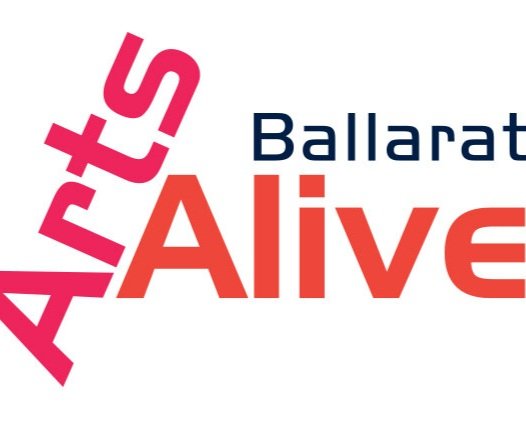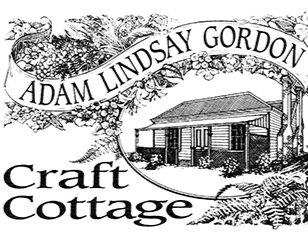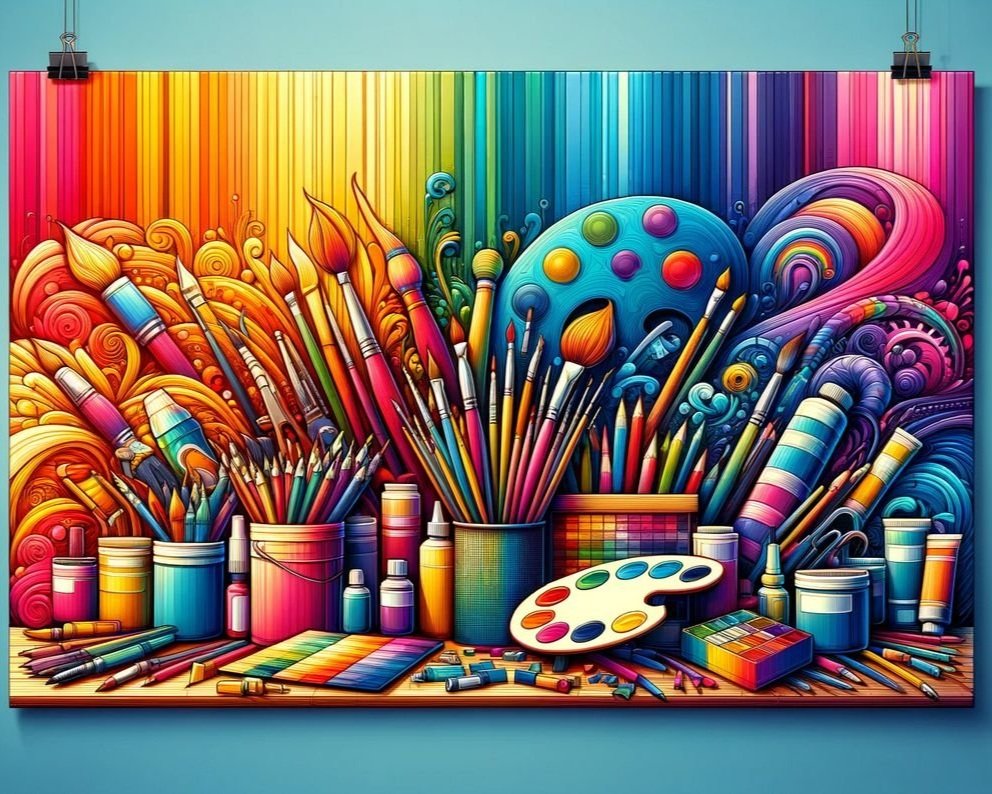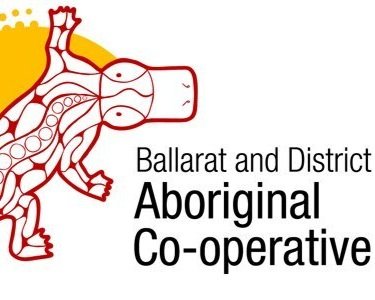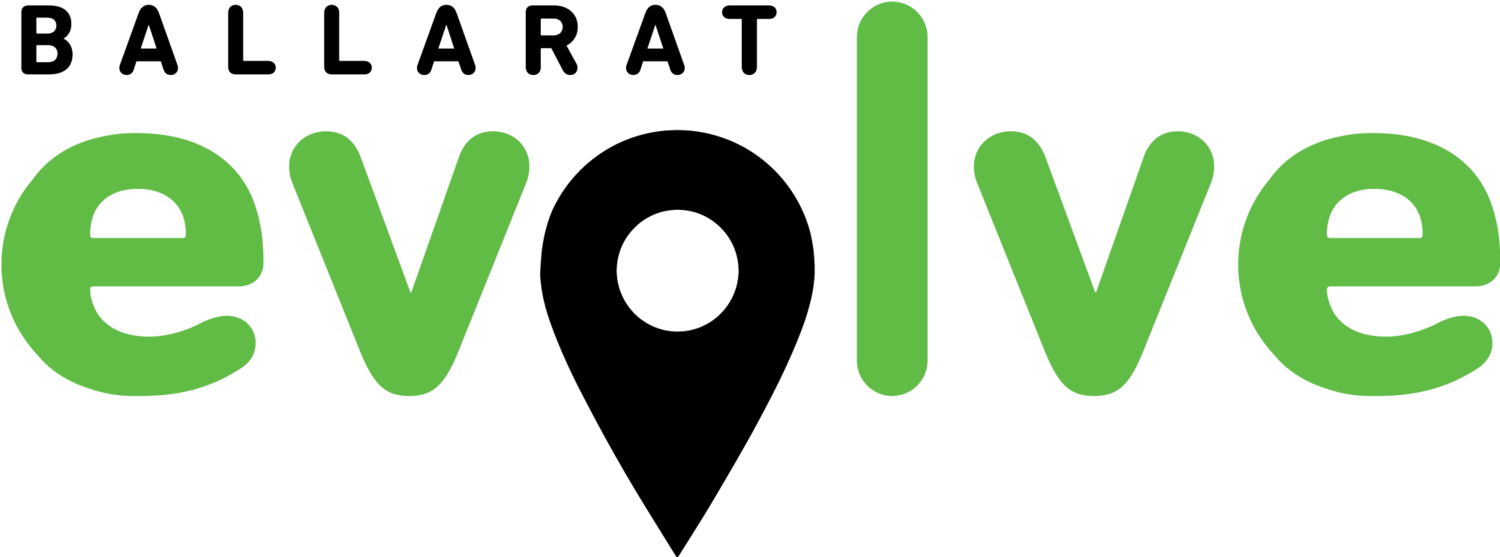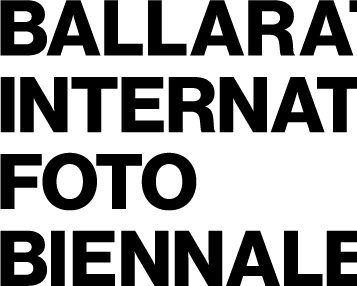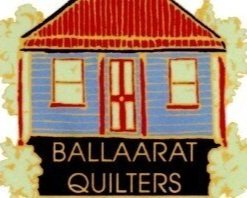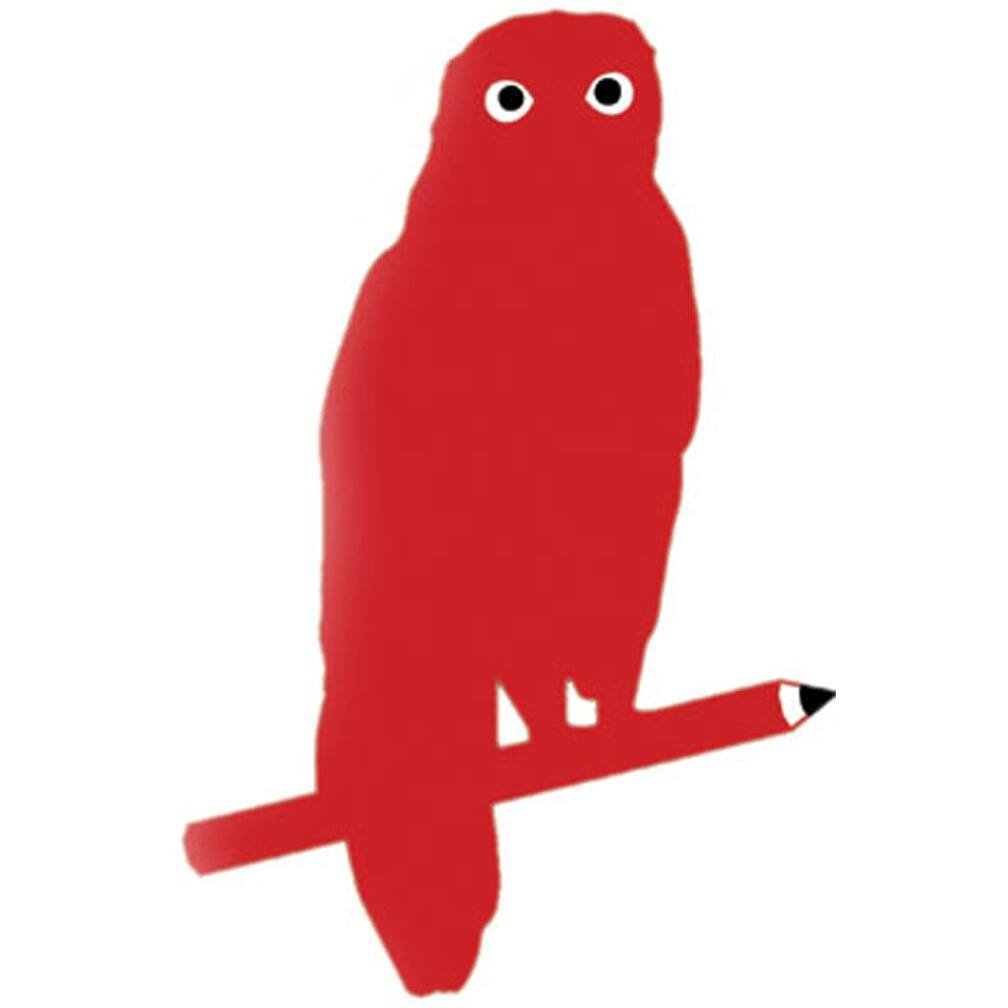Gelareh Pour and Brian O'Dwyer
How did your creative journey begin?
Brian and I met in 2012 and quickly established a strong working relationship. My first album, which came out the following year, was basically a collection of different rehearsals, recording sessions and experiments that Brian set up as he introduced me to different musicians through‐out Melbourne. Those first years in Australia were a huge learning curve as I tried to find how my voice and sound would fit within the vast Australian musical landscape.
As musician, Kamancheh (Persian spiked fiddle) player and singer, during my musical career in Iran I performed in various ensembles and orchestras, both as a singer and instrumentalist. I travelled regularly around Europe and Asia, performed in festivals and won a few prizes along the way.
In Iran, I trained in classical Persian music at University of Art Tehran, and whilst improvisation is a huge part of Persian music, I hadn’t yet explored improvising across as wide a range of genres as I have since arriving in Australia. I’ve really enjoyed expanding my musical collaborations and expanding on work with media and various art organisations.
Not long after arriving in Australia, I’ve chalked up a few personal achievements; I completed my masters of Ethnomusicology at University of Melbourne about The Lives of Iranian Woman Singers in Diaspora. I’ve released various independent albums and guested on a bunch of others. I established a music course about the social history of music in Iran, and I lead a community choir in Melbourne.
My love for connection with the audience and other artists, Persian poetry, modern Australian culture and creativity in music are the main fuel to my creative journey.
Brian started out playing in punk and metal bands. Back in the day, he would go to record stores and try to find drummers that were faster than the last album he’d purchased, he did that until he found free jazz, then never looked back. He has played on a lot of records across all sorts of different styles of music. I think he’s happiest collaborating in free form settings where he can explore conceptual approaches to drumming.
Together we now play in two groups; Gelareh Pour’s Garden, our quartet that features guitarist Michael Gallichio and Multi‐instrumentalist Kelly Dowall, and our duo ZÖJ, which is a more experimental and free form approach to making music.
How did your creative partnership begin?
We both have a deep love of improvisation, and of discovering new ways to approach different styles of music. Neither of us has ever been very keen on sounding like anyone else, so that discovery or search is very important.
It took us a few years of collaborating in different projects before we decided to work as a duo, almost as if we needed to suss each other out first. We both knew we wanted to do something improvised that allowed us to be ourselves behind our instruments, but that also utilised the elements of music we both enjoy. In the end, I think with the duo at least, we’ve landed in a place where we’re just having fun pushing each other and continuing to refine our sound while enjoying the influence of the environments we perform in and our lovely audiences.
How would you describe your practice?
Gelareh Pour’s Garden is very structured. We have regular rehearsals and spend a lot of time crafting each song. It takes us a long time to create new works as we spend so much time dissecting everything and perfecting it.
ZÖJ is almost the complete opposite. Often, it’s not until we’re driving to a show that we even begin to talk about any ideas we may have for the performance, and even then, those conversations can be brief. We have structure to our music, but that structure comes from many hours of playing together to a point where our musical conversations, or musical language, is fluent.
It’s difficult for me to describe what each group sounds like, that’s kind of up to the listener. What I can do is explain what we do; both groups are what I would call intercultural. We take musical elements and approaches from different cultures and bring them together to create something new. This is different from multicultural, which tends to be a representation of traditional cultures, and it’s different again from fusion, which tends to be different cultures doing their own thing at the same time. In both groups we are constantly looking for true collaboration, regardless of origin.
What are you working on right now?
Covid has knocked the wind out of a lot of things, but we are about to begin some recording sessions for ZÖJ, and we’ve begun setting up a roster of shows for the beginning of next year.
What is your connection to Ballarat?
Brian has been playing in Ballarat for a long time, I think his first gig here was almost 20 years ago at the Bridge Mall Inn. My introduction to Ballarat was by Adam Simmons through The Festival of Slow Music in 2013.
Brain and I have both released albums with Ballarat locals, me in duet with Mick Trembath, and Brian has released a bunch of free jazz albums with Adam Simmons.
I think we’ve both just always loved it here, the environment, the excellent musicians we’ve met. We moved here officially at the end of 2020.
How would you describe the creative community in Ballarat?
Welcoming. Even before moving here we’ve always had warm receptions and people wanting to chat and get involved. There is a real community spirit among the creatives here, that can sometimes get lost in the noise of a bigger city. Having said that, there is always room for improvement. I believe there’s work that can be done around bringing new music and culture together to expand the public’s creative taste and desires. It’s 2021, we have to accept that things are changing, borders are disappearing. Celebrating the community through creative works and avoiding tokenistic representations of different cultures is definitely something we should all be striving towards.
Can you give us three words to sum up your inspiration?
Just be yourself.
Websites: Gelareh Pour Bleemo Music ZÖJ live







